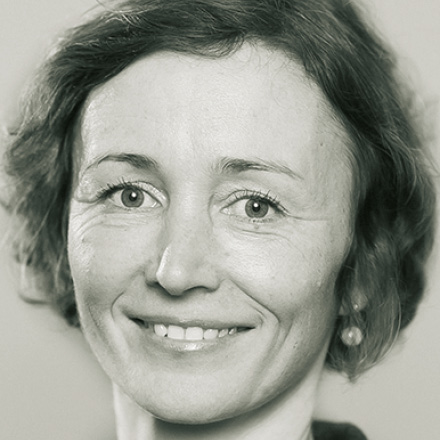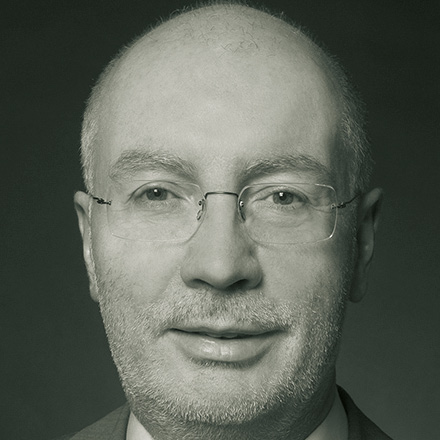Development paradigms
How the SDGs are different
 picture-alliance/Jochen Tack
picture-alliance/Jochen Tack
The Millennium Development Goals (MDGs) were adopted by the UN in 2000. The agenda focused on issues such as food security, health and education. It included targets for child and maternal health as well as for school enrolment, for example. The targets were not achieved in many places, but the experience showed that they did help to focus policymakers’ minds and thus contribute to making some progress. Relevant targets are thus still part of the Sustainable Development Goals (SDGs), the UN’s follow-up agenda.
Impact of Millenium Development Goals
The MDGs’ most important impact was perhaps to spell out clearly that economic growth is not all that matters. For a long time, economic yardsticks such as GNP got all attention. This was particularly after the so-called Washington Consensus became paradigmatic in the 1990s. It suggested that “underdeveloped” nations could thrive by providing goods and services to the world market if they adopted prudent macroeconomic policies. The idea was that a gradual process of growth would progressively make them more like “developed” western nations.
While the MDGs were less focused on business issues, they were still based on distinguishing developed and underdeveloped countries as though there was something like an ideal state of development, which some countries have attained, and others should follow their example.
Least-developed countries are in debt crisis
As least-developed countries depend on development hand-outs from richer nations, they are forced to adopt those nations’ standards. Countries have thus become engaged in an expensive – and largely fruitless – culture of mimicry. Instead of bringing relief to their societies, it sunk them deeper into debt and chronic dependency. We are now at a point where governance by begging is the fearful reality in many African countries. Without a regular infusion of foreign aid, many African governments would collapse within months.
Development debate has changed over the decades, but this polarity persisted for a long time. International development efforts started in the 1950s. Development theory emerged in the post World War II period, as Gunnar Myrdal, the Swedish economist, noted in the 1970s. Myrdal defined development as “the movement upward of the entire social system,” which includes economic, political, educational, health and other facilities designed to improve the human condition. His idea was one of “circular causation,” meaning that development in each of these areas affects development in others. One might argue that the MDGs reflected his vision. It is clear, however, that Myrdal’s generation of development experts expected linear progress would follow once the development process was set in motion.
One of the great pitfalls of all linear ideas of progress, however, is that they ignore contextual realities. What worked in Europe or North America in the distant past is not necessarily a template for what will work in Africa today. Moreover, we face global challenges such as climate change, new diseases and risks to the financial architecture that require global rather than national action. Least developed countries must certainly build capable and responsible statehood, but until they do so, they cannot contribute much to improving global governance. If on the other hand, global risks are not kept in check, recurrent crises are likely to overwhelm poorer countries.
Sustainable Development Goals require change
The Sustainable Development Goals (SDGs) are interesting in this context. They spell out a multilateral vision of eradicating poverty internationally by 2030 as well as maintaining our planet’s environmental health in the long run. The premise is that change is necessary in all countries. While poor ones basically still need to achieve MDG targets, the more prosperous ones must do more to ensure that they stop harming the planet and enable the international community to safeguard global public goods.
Baba G. Jallow is the inaugural Roger D. Fisher fellow in negotiation and conflict resolution at Harvard University’s law school and the former executive secretary of Gambia’s Truth, Reconciliation and Reparations Commission (TRRC). He launched Gambia’s independent Never Again Network.
gallehb@gmail.com




